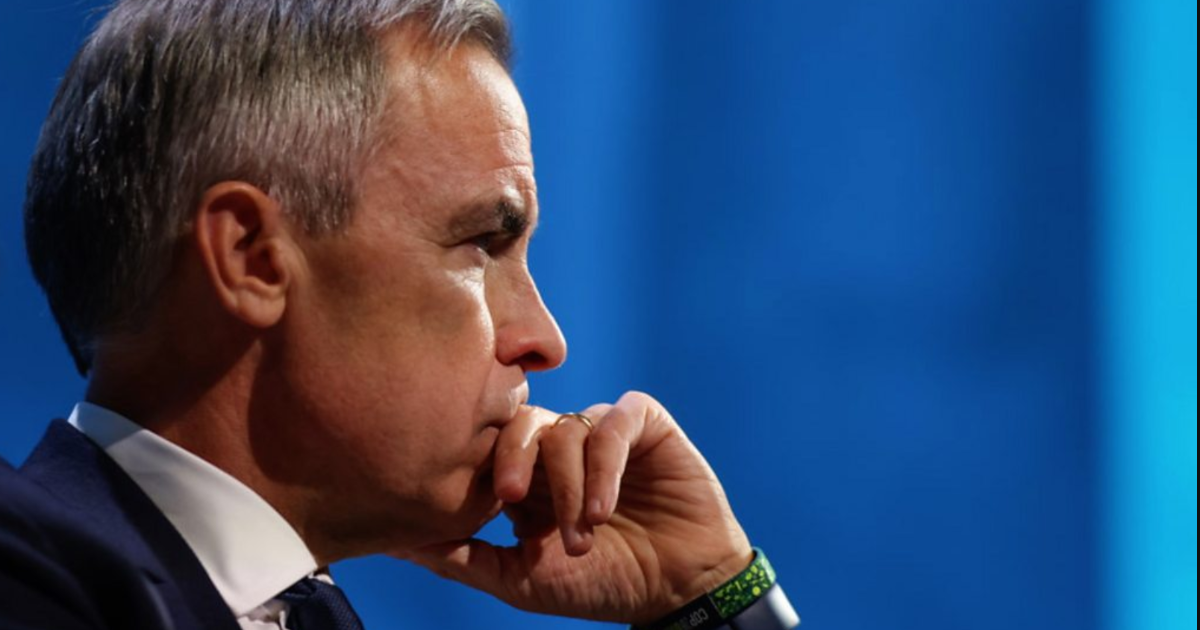Prime Minister of Canada Mark Carney has warned that a trade agreement with the U.S. will require accepting some tariffs which he sees as inevitable. Carney spoke earlier on Thursday ahead of a cabinet meeting. He noted that every trade agreement made by President Trump in the past had tariffs which suggests negotiations will be complicated. Regardless, Canada is working to protect its economy.
What Did Carney Say About Tariffs?
Addressing reporters ahead of a cabinet meeting on Parliament Hill, Carney pointed out that every trade agreement that Trump has previously signed had some sort of tariffs included. He said in French that “there’s not a lot of evidence right now” that the U.S. is ready to negotiate tariff-free. Carney did not say whether Canada would accept these tariffs, if necessary.
Did Carney Outline Canada’s Strategy?
Carney emphasized that Canada will only commit to a trade deal that is in the national interest. He again stated that given the G7 summit meeting last month with President Trump, Canada, under tariff exemptions for compliant goods, has “almost free trade” with the U.S. and hopes that this relationship continues.
Why Does This Matter Now?
The comments come during increasingly uncertain times with the U.S. deadline for new trade arrangements or steep potential tariffs on August 1 fast approaching. Trump recently warned of the risk of 35% tariffs on Canadian imports that are not covered by existing trade arrangements. Carney highlighted that Canada is working against the clock, that there are ambitious timelines but the ultimate goal is to secure a deal that benefits Canada as reported by Reuters.
Donald Trump sent us a letter indicating that the new tariff deadline is August 1st.
I had my own July 21st deadline, but since the President said August 1st, I’ve changed our deadline to meet his.
I don’t have the ability to stand up to Trump.
I am a weak and spineless man. pic.twitter.com/bYtyac5Oy0
— Fake Mark Carney (@MarkCarney_Ego) July 11, 2025
What’s at Stake for Canada?
If Canada accepts some form of tariffs, Canadian exporters might face some amount of added cost but trade could still be opened up to higher volumes. Carney’s judicious but practical tone implies Canada is open to negotiations but not at the expense of economic sovereignty or worker interests.




